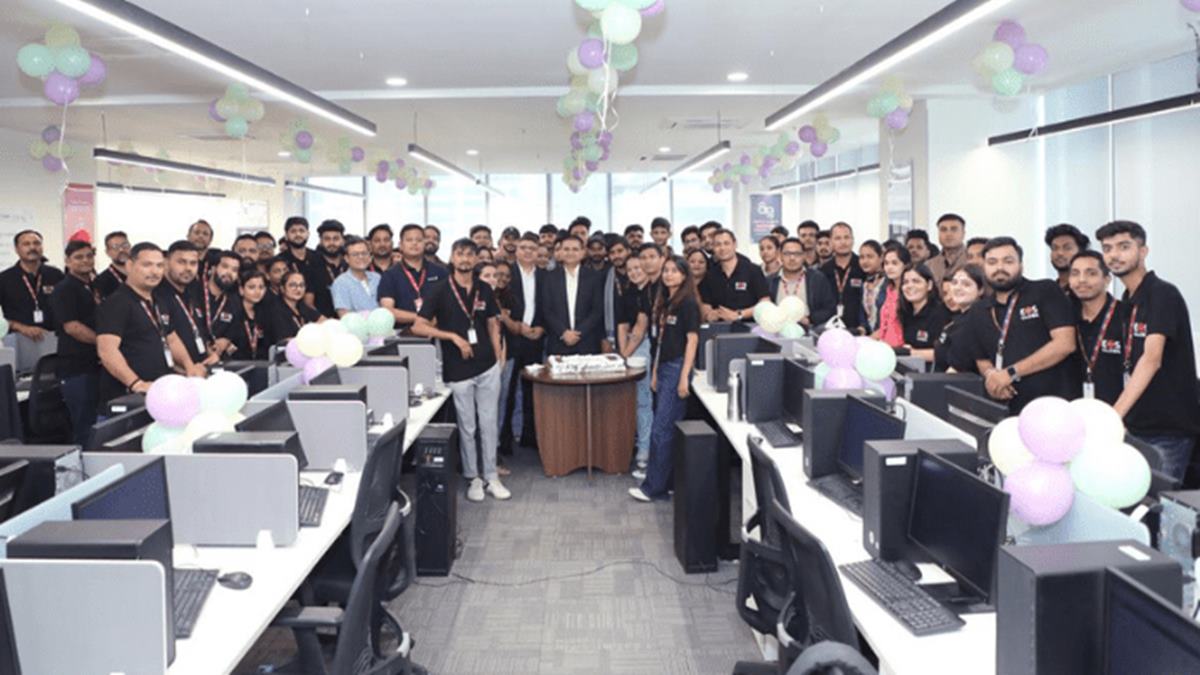Psychological safety, the belief that one can speak up, ask questions, admit mistakes, or offer ideas without fear of judgment or punishment, is a fundamental pillar of a high-performing workplace. Coined by Harvard professor Amy Edmondson, this concept is not just about being ‘nice’ at work; it’s about enabling open communication, fostering innovation, and driving employee engagement. In today’s complex, fast-changing global business environment, psychological safety has become more critical than ever.
Tata Group, one of India’s largest and most respected conglomerates, offers a compelling case study in embedding psychological safety into organisational culture. With operations spanning over 100 countries and companies like Tata Steel, Tata Consultancy Services (TCS), and Tata Motors under its umbrella, it has taken a holistic, multi-tiered approach to foster a safe, emotionally supportive workplace. This case study explores how Tata Group recognised the need for psychological safety, the solutions it implemented, and the outcomes achieved, offering a replicable model for organisations seeking sustainable success through human-centered leadership. Let’s understand.
The problem: The silent cost of unsafe workplaces
In many companies, the absence of psychological safety manifests subtly but powerfully. Employees may hesitate to share new ideas, fail to report issues early, or suffer in silence through stress and burnout. Mistakes are hidden instead of learned from. Over time, this culture of silence stifles innovation, reduces engagement, and increases turnover.
Tata Group, despite its longstanding reputation for employee welfare, recognised that the evolving challenges of a digital, hybrid, and high-pressure work environment — particularly post-pandemic — called for a renewed focus. Rising mental health concerns, the stigma surrounding emotional struggles, and a need for more open conversations about well-being became increasingly apparent across its companies. A piecemeal or compliance-driven approach would not suffice. What was needed was a fundamental cultural shift.
Hence, Tata leaders tackled the challenge through an integrated strategy targeting mental health awareness, leadership engagement, support systems, and recognition frameworks. These initiatives didn’t just address symptoms — they aimed to change the cultural fabric of the workplace.
Putting mental and emotional well-being at the core
Understanding that psychological safety begins with mental well-being, Tata Group introduced robust, scalable programmes across its companies.
Tata Steel launched the ‘Wellness for Life’ portal and ‘The Wellness Corner’ app. These digital platforms offer guided meditations, therapies, individualised coaching, and Employee Assistance Programs. Employees can also access tailored diet plans and wellness tips, reinforcing a proactive approach to well-being.
TCS rolled out ‘TCS Cares’ in 2018, a well-rounded programme addressing emotional health through professional and confidential counseling, peer group support, self-help resources and wellness webinars, 24/7 helplines accessible to employees and their families.
Having these tools and making them publicly available, signals that emotional challenges are not taboo but natural, and support is always available.
Leadership commitment and cultural transformation
Psychological safety cannot be achieved without visible and consistent leadership support. Tata Group embedded safety into the DNA of its operations by ensuring top-down commitment. Tata Motors aligns with international standards and emphasizes leadership training, contractor safety, and incident investigations. Health and safety are positioned as strategic imperatives, not compliance checkboxes.
A dedicated task force comprising CEOs of major Tata companies was established to prioritise safety initiatives. This visible involvement of top executives sends a powerful message – psychological safety is a leadership responsibility.
At Tata Steel, the ‘Zero Harm’ philosophy was reinforced through collaboration with dss+ Consulting. Behavioural change programmes and employee-led safety discussions were introduced to shift mindsets from rule-following to active ownership.
Creating a supportive ecosystem at every level
Beyond programmes and policies, the cultural transformation focused on creating a day-to-day environment where employees feel seen, heard, and valued.
Tata Steel’s ‘Safety Felt Leadership’ programme helps leaders develop empathy, listen actively, and create an atmosphere where concerns can be voiced without fear. This has proven particularly effective in high-risk environments like manufacturing, where silence can be fatal.
TCS developed ‘Resilience Coaching’ and peer counseling networks to foster a culture of mutual support. Managers and HR professionals were trained to identify signs of distress and respond with sensitivity, making the workplace safer for emotional transparency.
Such initiatives help bridge the gap between policy and practice, ensuring psychological safety is not confined to HR manuals but lived daily in team interactions.
Results: Building a resilient and engaging workforce
The impact of Tata Group’s focus on psychological safety is both qualitative and measurable:
- Recognition: TCS received the Platinum Certification for healthy workplaces from Arogya World, highlighting its efforts to support employee well-being in hybrid environments.
- Engagement: According to internal insights shared by the Tata Business Excellence Group, employee participation in wellness initiatives continues to rise, indicating trust in these systems and a shift in workplace culture.
- Resilience in adversity: During the pandemic and its aftermath, the Group’s early investment in mental health infrastructure enabled smoother transitions, better team cohesion, and lower attrition rates compared to industry averages.
Psychological safety is a continuous journey
Tata Group’s approach to psychological safety demonstrates that creating a supportive workplace is not a one-time project but an ongoing journey of cultural evolution. By integrating emotional well-being into strategy, empowering leaders to listen and empathise, and normalising conversations around mental health, Tata Group has not only enhanced employee engagement but also future-proofed its business.
Psychological safety is essential for innovation, inclusion, and resilience. Tata Group offers a clear lesson: when companies truly invest in their people, the returns go far beyond productivity — they build trust, loyalty, and a thriving workplace for all.
The case of Tata Group illustrates that fostering psychological safety requires a deep, sustained commitment at both cultural and systemic levels. Leadership plays a pivotal role, as employees consistently take cues from those at the top; when leaders model openness and empathy, it signals that vulnerability is not a risk but a strength.




















